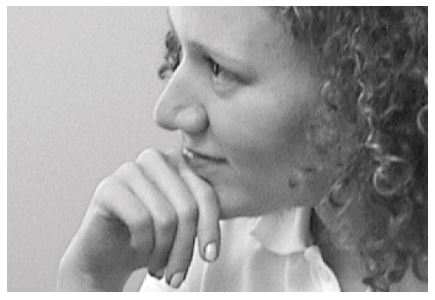Listening effectively is hearing and understanding what a speaker is saying and how it applies to you, and then remembering it for future use and evaluation. There are ways to improve your listening skills for lectures. The following is a list of some basic techniques:
- Recognize how ideas are organized. Lectures usually begin with some type of introduction, followed by a thesis statement which is supported by additional information. Most professors bring closure to their lecture by summarizing what they have covered. Learn to identify the lecture style that is used by your professor.
- Become involved in what is being said. Be an avid listener. Constantly analyze what is being said.
- Cut through (or screen out) distractions.
- background noise
- unusual accents, dialects, and language mistakes
- speaker disorganization, emotion, or habits
- unrelated material
- your own inner voice
- Organize statements into main points and supporting reasons. Using an outline form may be helpful.
- Discriminate between relevancies and irrelevancies. Remember that not all information is important.
- Maintain an active body state. Keeping alert and having eye-contact with the speaker will help you listen more effectively.
- In order to improve your listening skills, you will need to practice using the suggested techniques until they become automatic. The chart below summarizes eight habits which differentiate effective and non-effective listening. Choose one or two habits to practice today.
| The Ineffective Listener | The Effective Listener | What You Can Do |
|---|---|---|
|
Pays attention - asks, "what's in it for me?" | Finds areas of interest |
|
Judges the content - skips over the errors. | Judge the content, not the delivery. |
|
Doesn't judge until their comprehension is complete. | Hold your fire - don't judge too soon. |
|
Listen for central ideas. | Listen for ideas and patterns of organization. |
|
Has several note-taking systems and writes down only the important information. | Use different kinds of organization. Be flexible. |
|
Active - stays involved with the speaker. | Work at active listening. |
|
Fights distractions - knows how to concentrate. | Resist distractions. |
|
Exercises her mind with more difficult material and is familiar with harder subjects. | Practice reading more difficult material. |


